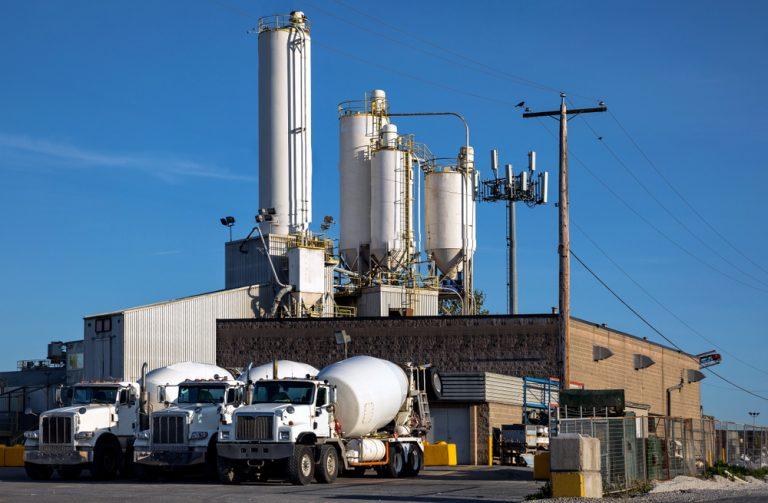
British Manufacturing companies are planning their lowest investment levels since the financial crisis, as outlooks for 2020 look glum.
The UK manufacturing sector has been hit hard, as Brexit uncertainty continues to dominate the news headlines as PM Johnson toils to get a deal passed through Parliament.
Additionally, the ongoing trade war between the United States and China has temporarily slowed supply chains to import resources.
The global economic outlook does not look promising in the moment, Britain are struggling to secure a deal with the EU, Donald Trump continues to slap tariffs on UK firms for issues over illegal subsidies given (EPA: AIR) and Boeing (NYSE: BA).
Additionally, political unrest in Hong Kong has led it to be declared in technical recession as tensions mount upon the Chinese Government to part ways with both political and geographical sovereignty.
This has affected firms such as InterContinental Hotels Group (LON: IHG) and Starbucks (NASDAQ: SBUX).
Combining all these issues, UK manufacturers have faced the toughest period of business since the financial crash, with low investment rates and low consumer confidence.
The sector slowed down at its quickest rate in the three months leading into October, with orders for supplies slumping to its lowest point in almost a decade.
Tom Crotty, group director of chemicals firm Ineos and chair of the CBI manufacturing council said “Each day of Brexit uncertainty sees firms forced to withhold key investment and recruitment decisions that make a huge difference to communities across the country,”.
Firms seem very reluctant to invest until Britain’s relations with the EU are set in stone, slowing investment and business.
Investment is 20% lower than the Brexit referendum in June 2016, if it were to continue its trend pre-Brexit.
The CBI added “he proportion of firms citing political and economic conditions abroad as a factor limiting exports over the next quarter hit a survey record high”
A lack of business and lack of confidence led to firms firing workers at the fastest rate since April 2010.
Businesses have speculated saying that they expect this rate to accelerate in the months leading up to January 2020.
